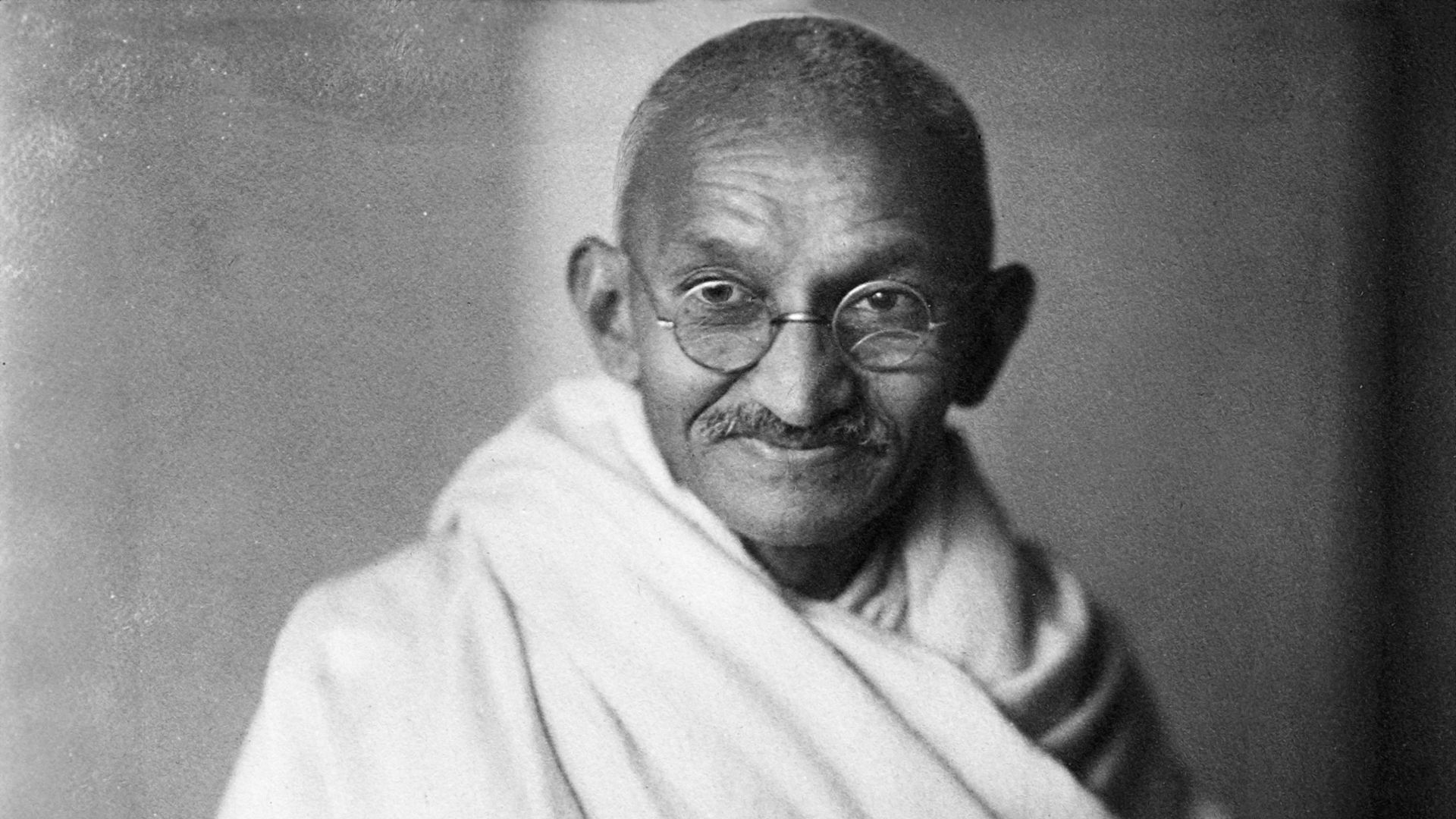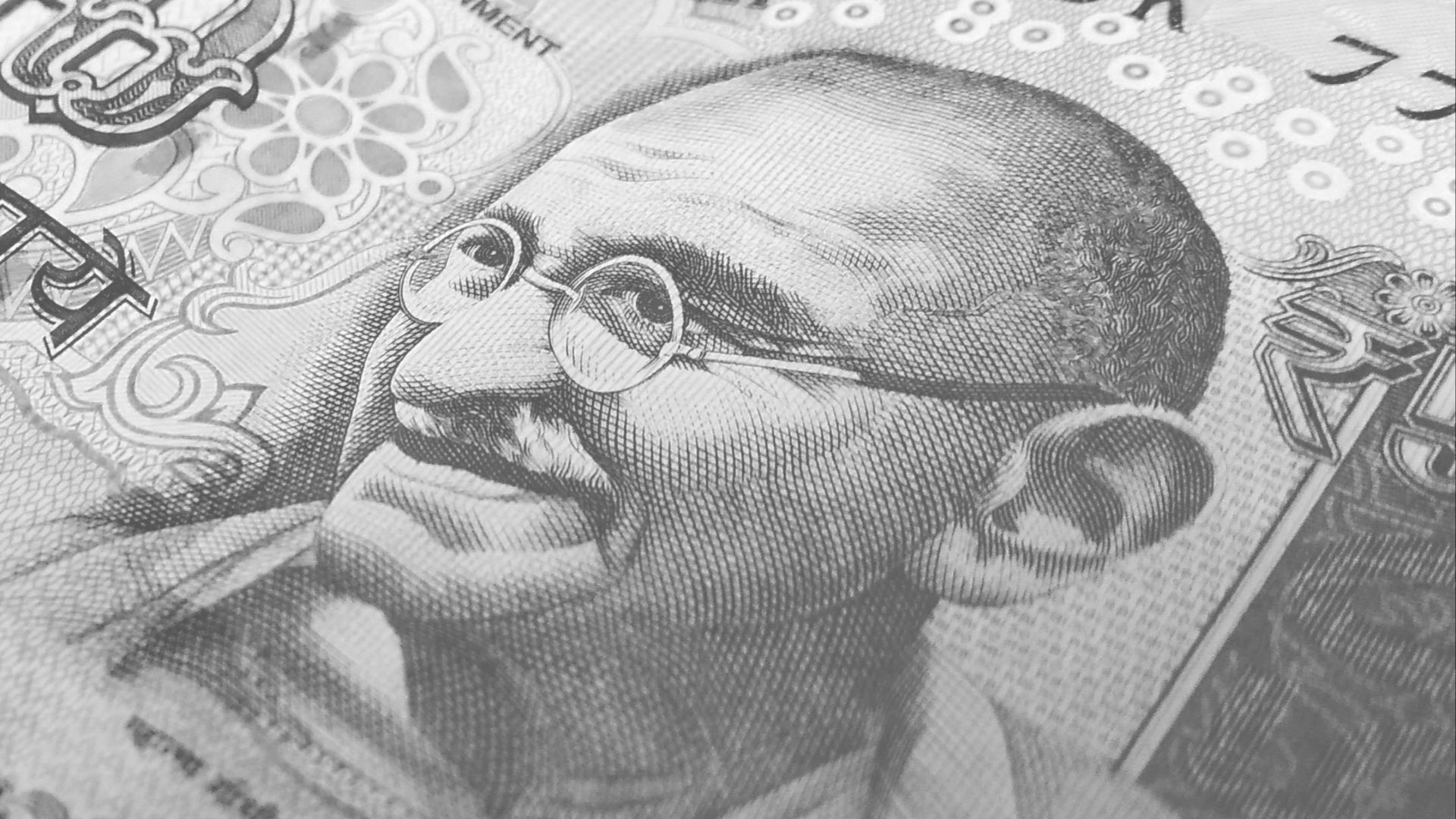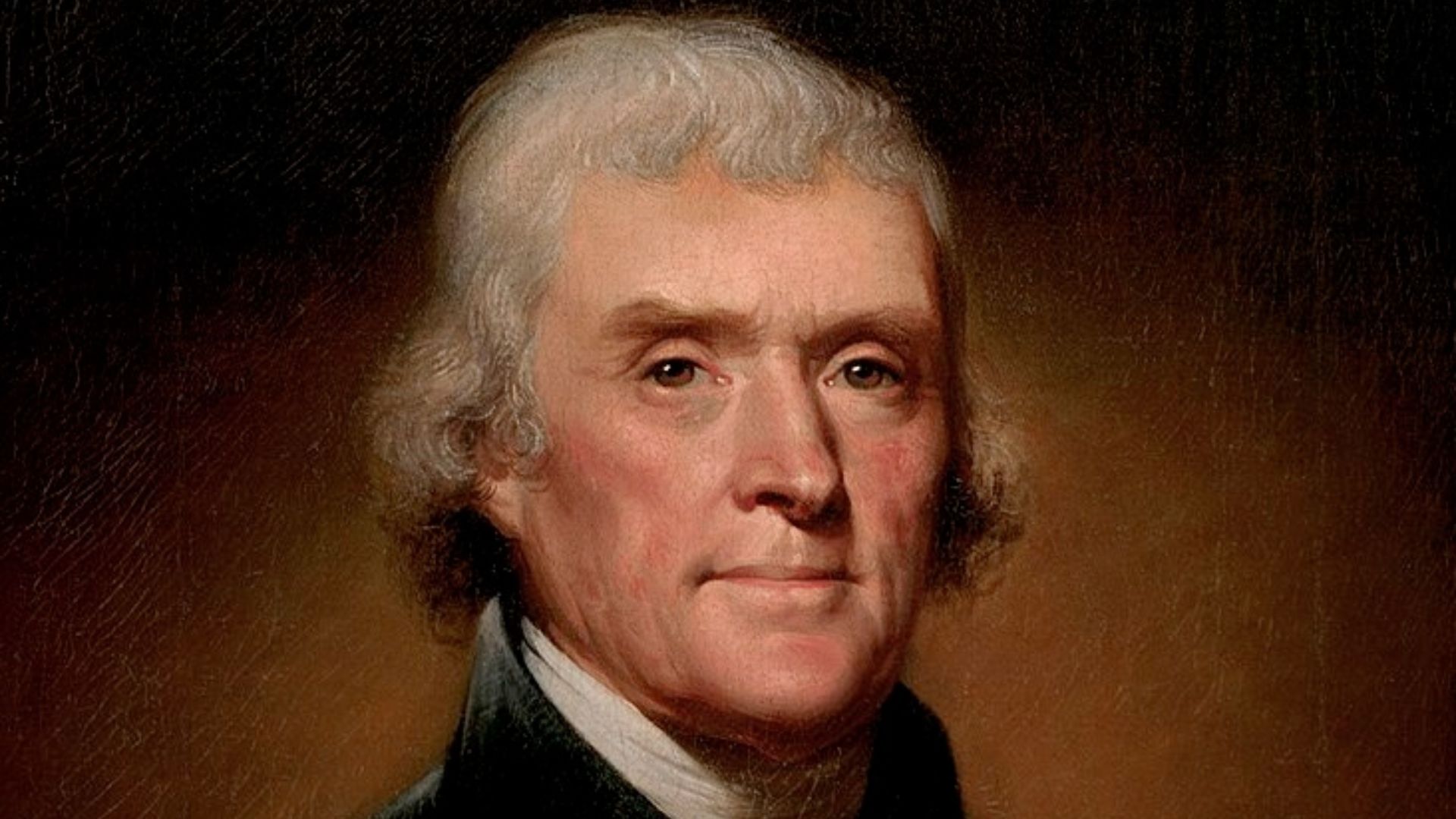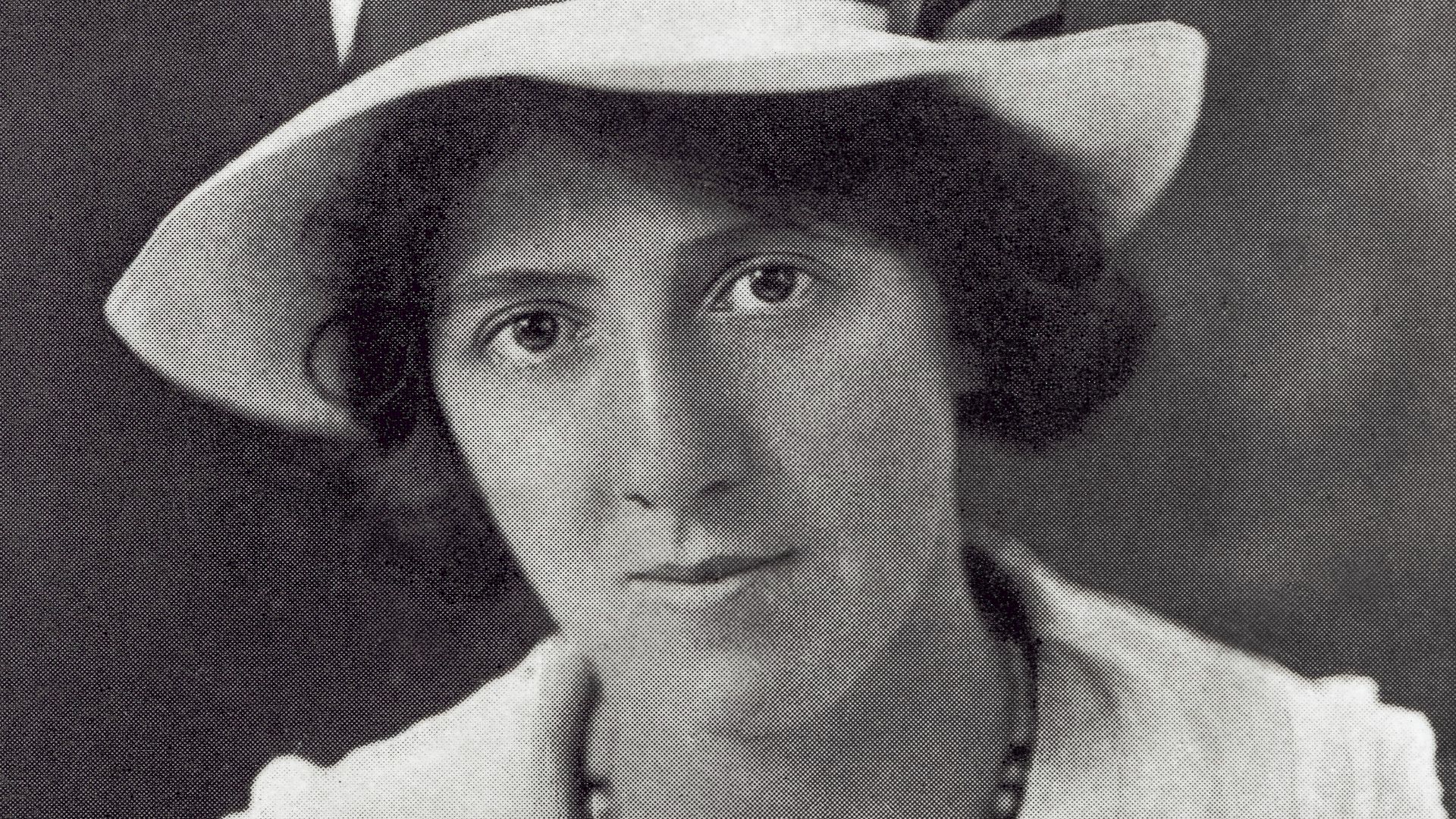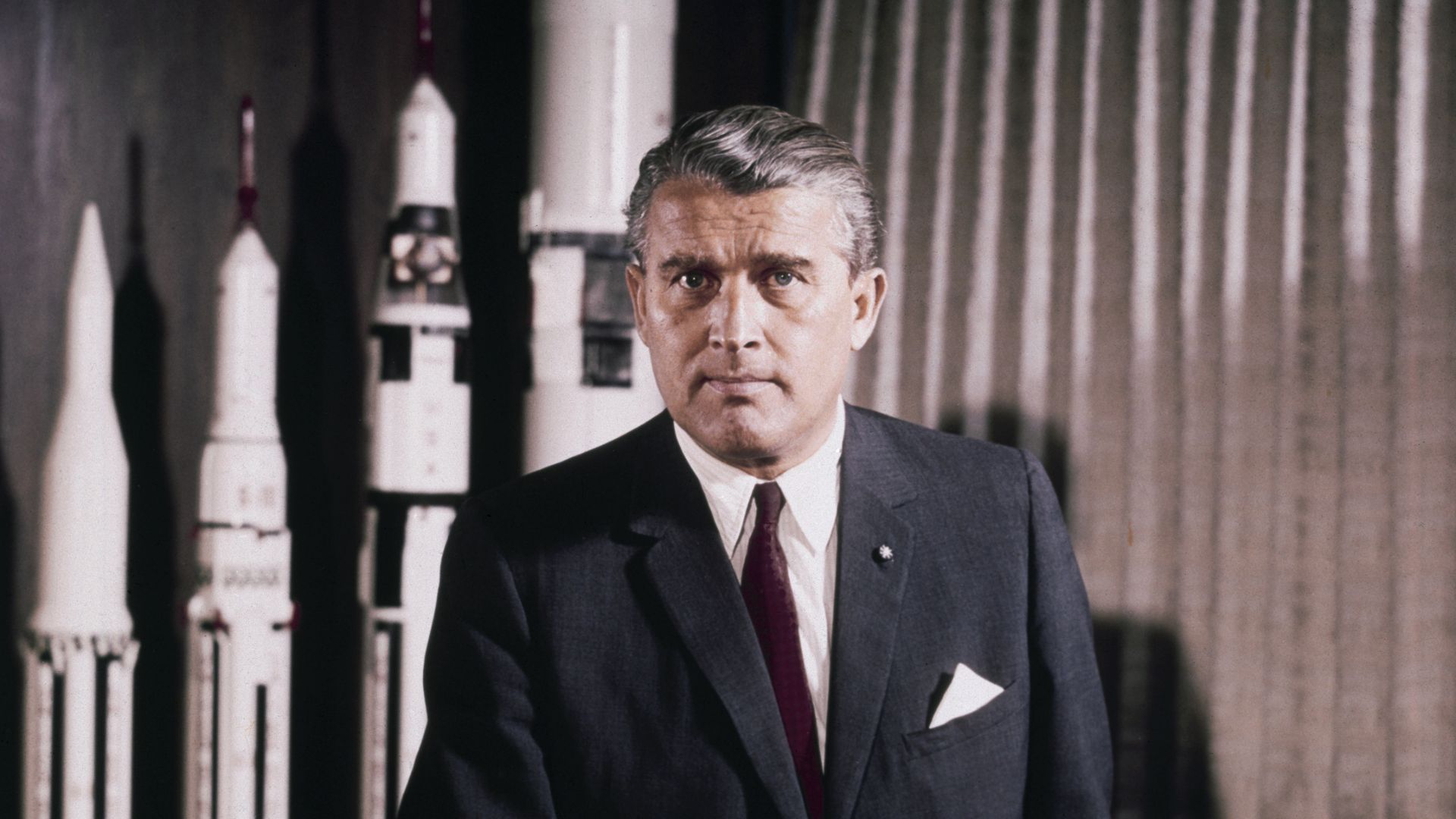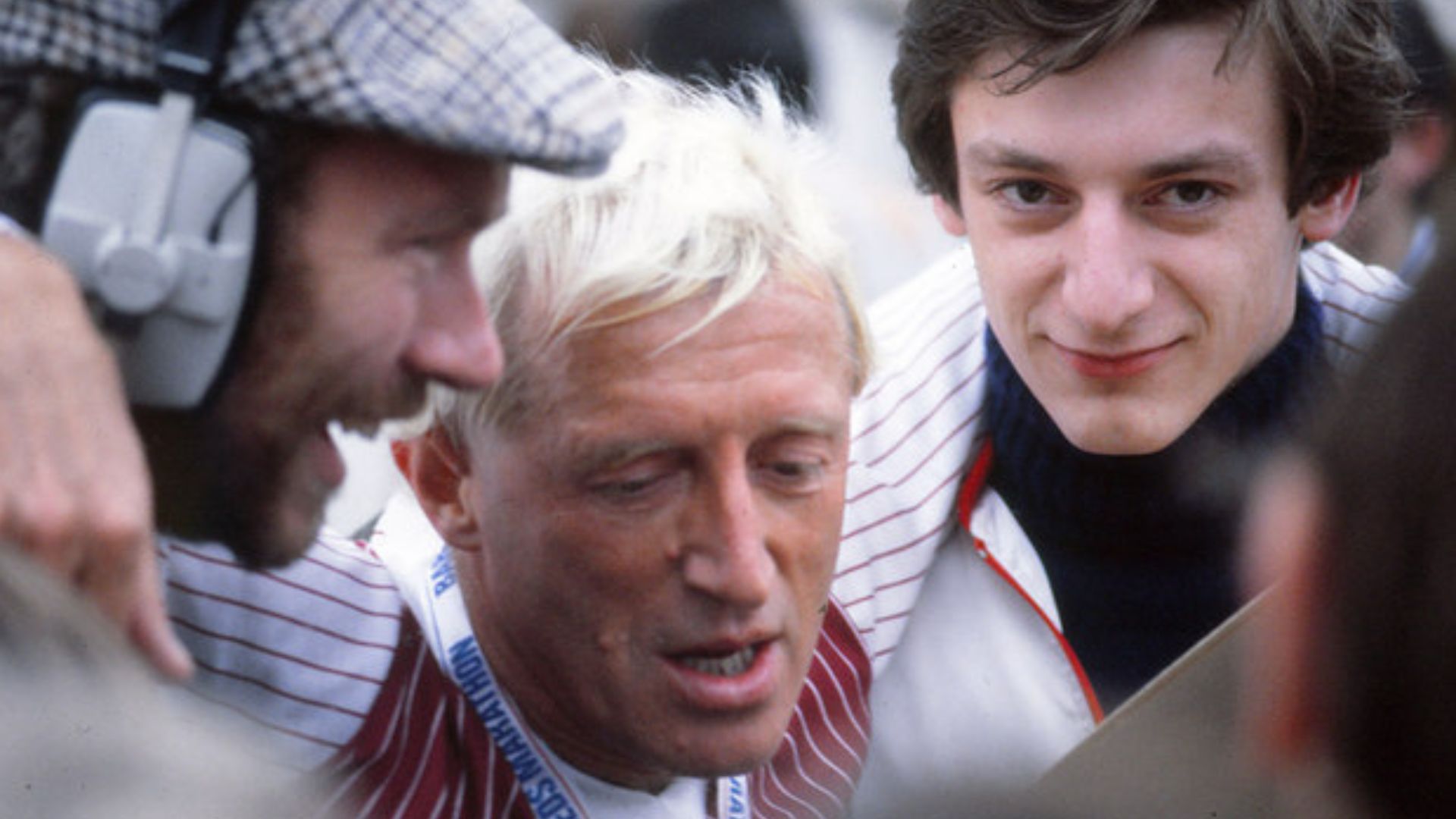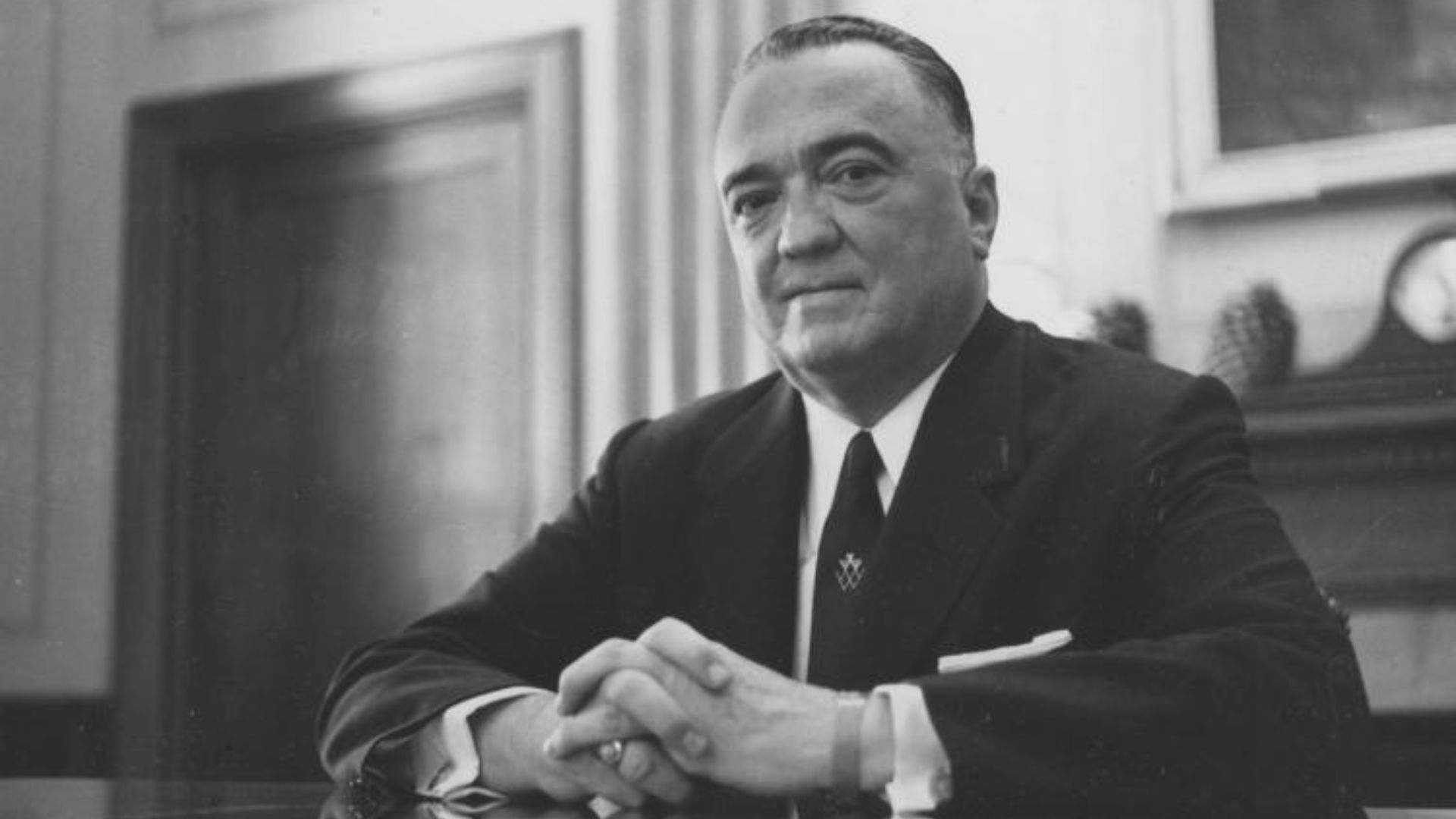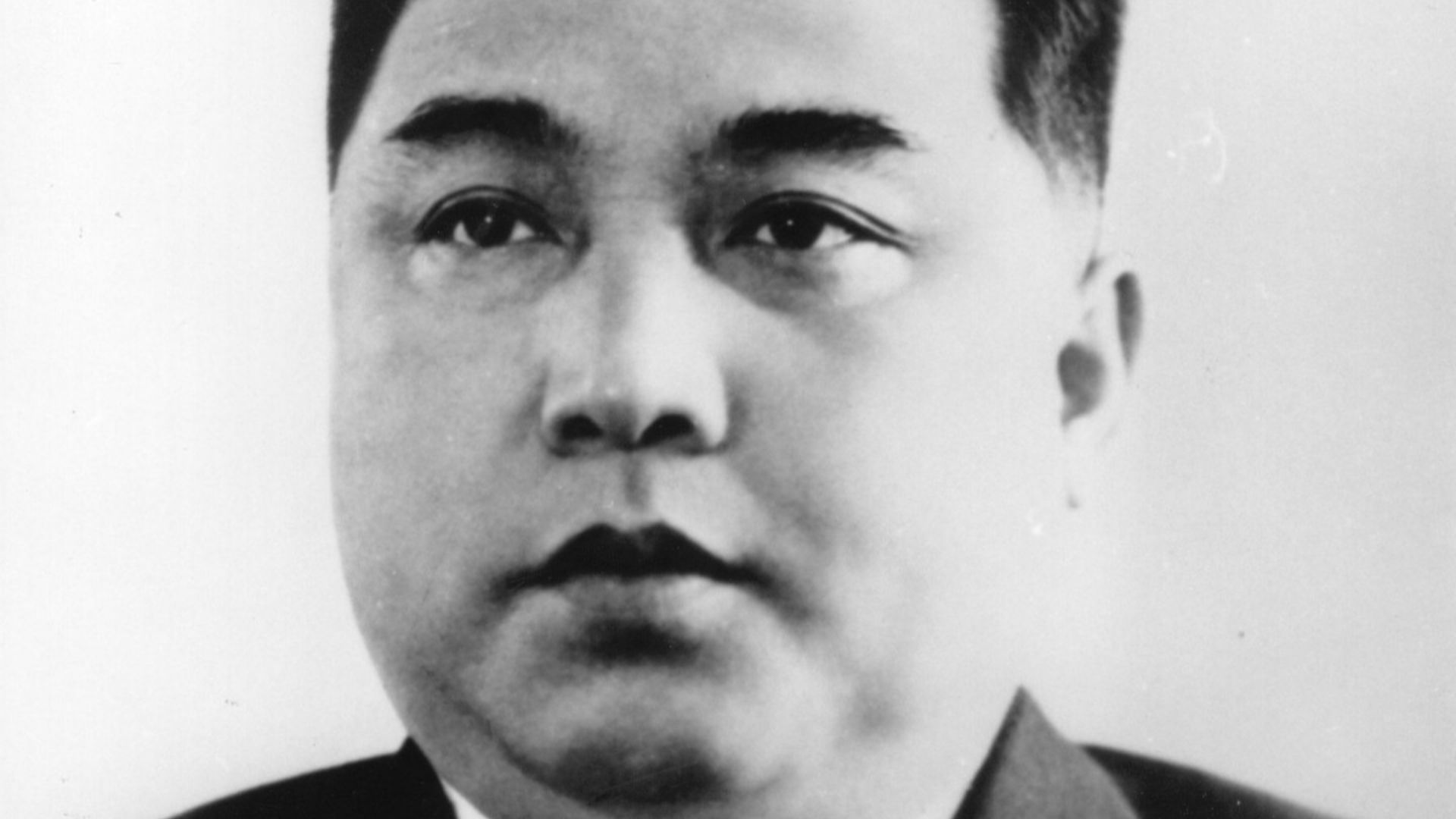20 Historical Figures Whose True Evil Was Only Discovered After Their Death
20 Historical Figures Whose True Evil Was Only Discovered After Their Death
The Truth Always Comes To Light
Some stories are not always as they seem; eventually, someone discovers the part that got swept under the rug. While some of these figures were evil through and through, others had made undeniable contributions to the advancement of civilization as we know it, only complicating how we view them and the discourse surrounding their legacies. Let's explore 20 instances in which the unsavory truth underlying some of history's most prominent heroes (and villains) finally came to light years after their death.
1. King Leopold II
For decades, he was remembered as the one who expanded Belgium’s empire. However, Leopold II’s private control of the Congo Free State resulted in millions of deaths through forced labor and starvation. The truth didn’t fully emerge until the 20th century.
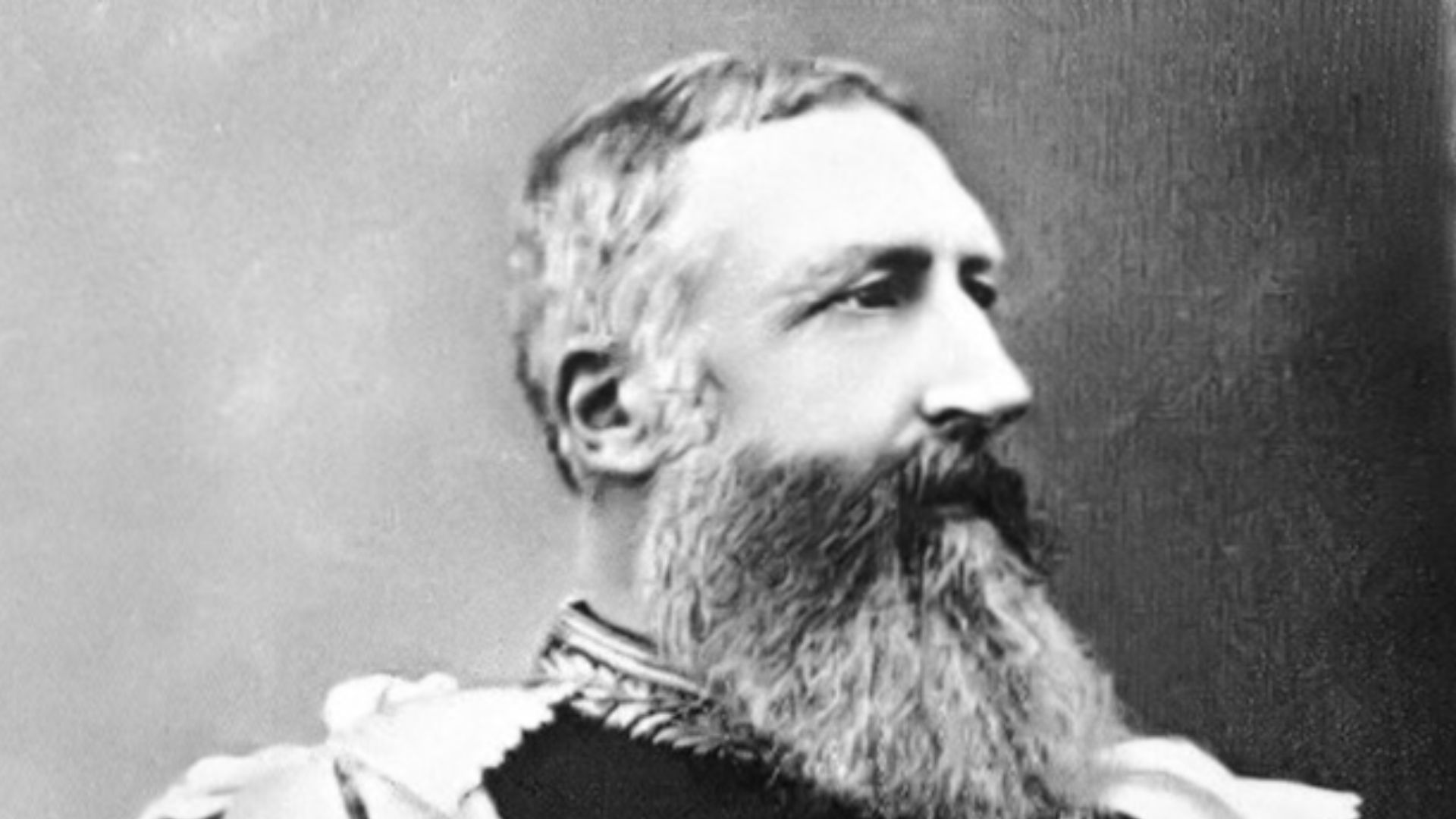 London Stereoscopic and Photographic Company on Wikimedia
London Stereoscopic and Photographic Company on Wikimedia
2. Mahatma Gandhi
Admired globally for nonviolent resistance, Gandhi’s early writings from his time in South Africa reveal a disturbing acceptance of racial hierarchies. He referred to Black South Africans with derogatory language and campaigned for Indian separation from them in prisons.
3. Winston Churchill
His role in Britain’s colonial atrocities became clearer after classified archives were released. The 1943 Bengal Famine, which killed over 3 million, was worsened by Churchill’s policies and dismissive attitude. Only in recent years have scholars fully linked the humanitarian disaster to his decisions.
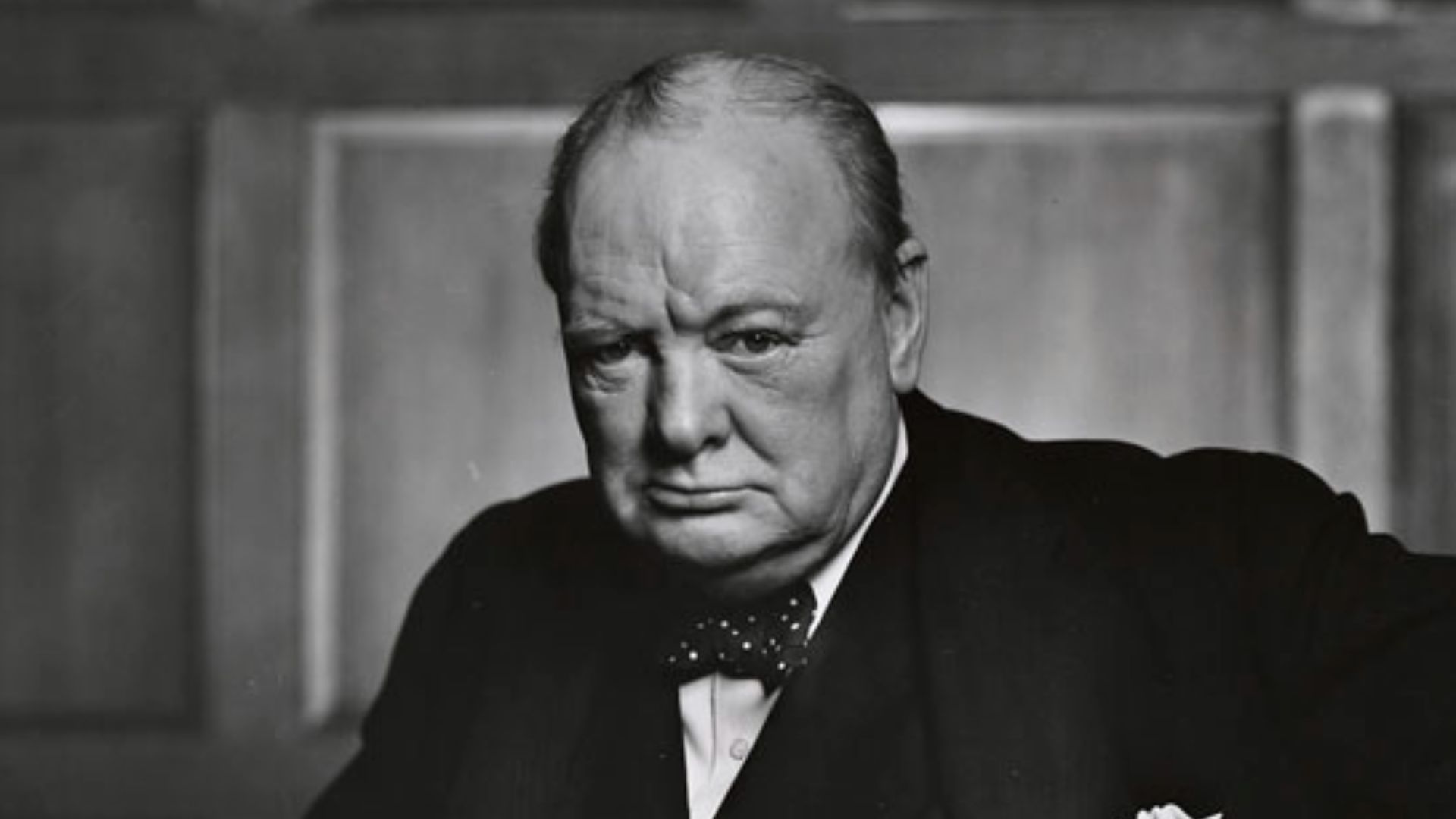 BiblioArchives / LibraryArchives from Canada on Wikimedia
BiblioArchives / LibraryArchives from Canada on Wikimedia
4. Thomas Jefferson
Jefferson’s contradictions are well known, but many details were ignored in public discourse for years. While writing about liberty, he enslaved over 600 people. DNA evidence confirmed his relationship with teenage Sally Hemings, an enslaved woman he owned.
5. Mother Teresa
Long portrayed as a saintly caregiver, Mother Teresa ran clinics where suffering was sometimes glorified over pain relief. Her order took millions in donations, yet the facilities lacked basic medical standards. Terasa’s connections with authoritarian leaders and lack of financial transparency came to light only after her demise.
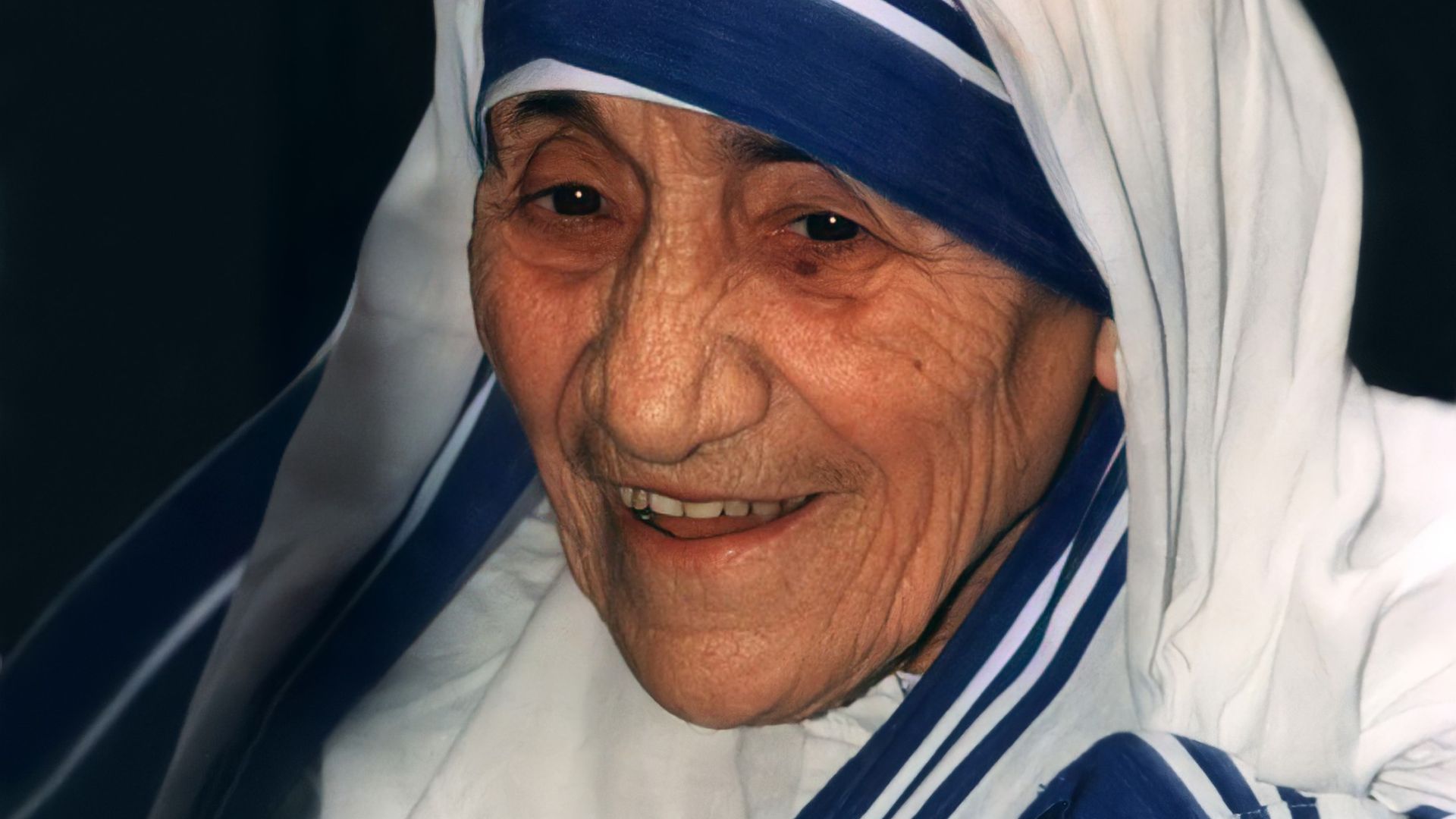 Kingkongphoto & www.celebrity-photos.com from Laurel Maryland, USA on Wikimedia
Kingkongphoto & www.celebrity-photos.com from Laurel Maryland, USA on Wikimedia
6. Andrew Jackson
Not many American presidents have left such a violent mark on national identity. Jackson enforced the Indian Removal Act, but only after his death did the full horrors of the Trail of Tears gain widespread recognition: forced relocations and entire communities destroyed under military pressure.
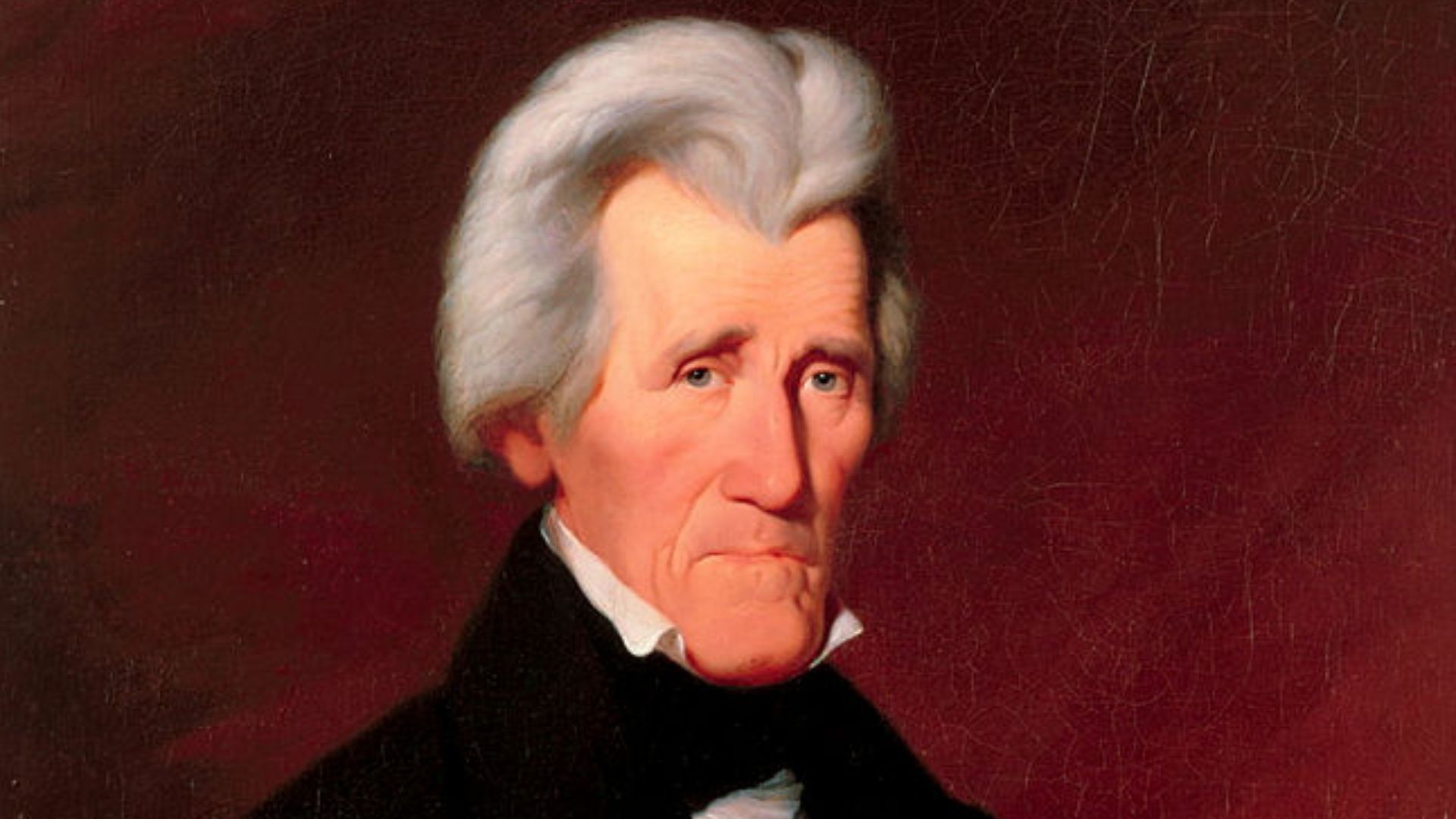 Miner Kilbourne Kellogg on Wikimedia
Miner Kilbourne Kellogg on Wikimedia
7. Fritz Haber
He saved billions through synthetic fertilizer but weaponized chemistry to kill in war. Haber pioneered poison gas for Germany in WWI, a method banned soon after. His wife’s suicide may have been influenced by his chemical weapons work, among other personal and professional tensions.
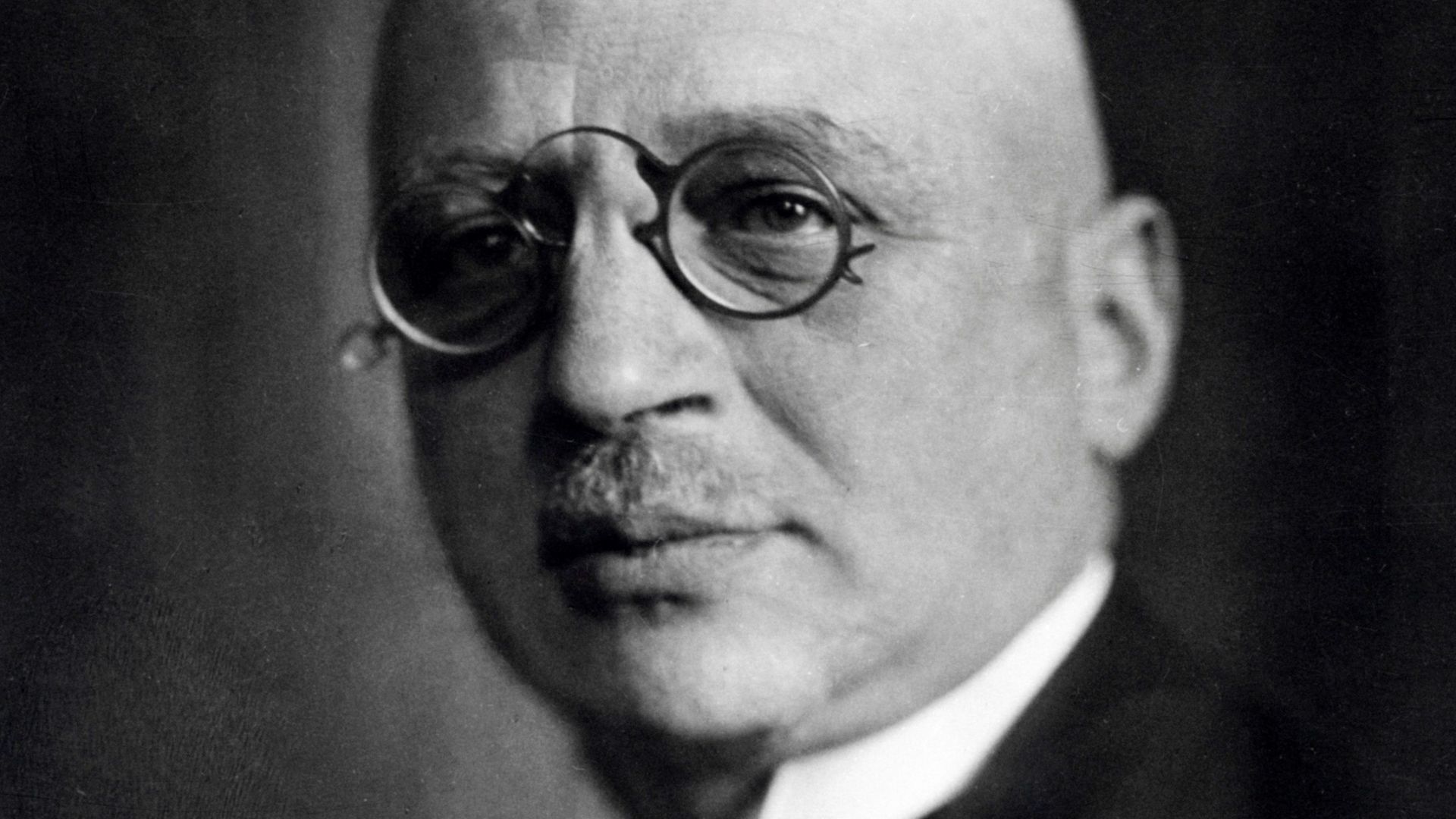 Unknown authorUnknown author on Wikimedia
Unknown authorUnknown author on Wikimedia
8. Marie Stopes
A champion of birth control? Certainly. But also a vocal eugenicist. Stopes advocated sterilization for those she deemed “unfit,” including people with disabilities. A bizarre example is when she removed her son’s name from her will for marrying a woman who wore glasses.
9. Cecil Rhodes
How many schools and towns once bore his name without question? Rhodes helped colonize vast swaths of Africa under brutal conditions. The forced labor and systemic violence tied to the imperial vision weren’t truly scrutinized until post-colonial scholars revisited archives long after his passing.
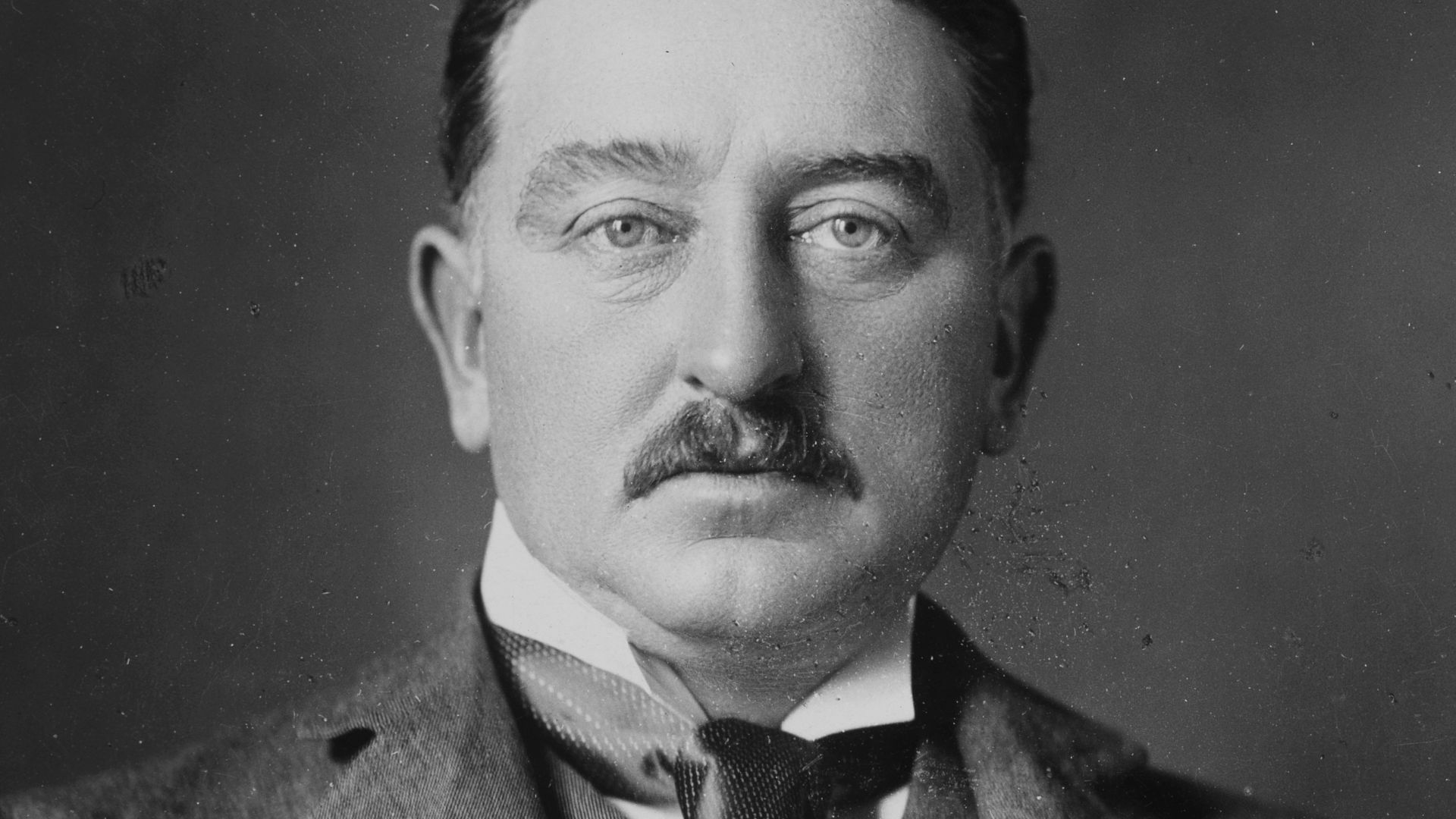 Alexander Bassano on Wikimedia
Alexander Bassano on Wikimedia
10. Edward VIII
Edward VIII’s abdication was dramatic at the time, but its darker truths were still hidden. His Nazi sympathies remained under wraps until decades later, when declassified documents revealed secret meetings with Hitler’s regime. The British government actively covered up his associations, reshaping the legacy as more than just a romantic exile.
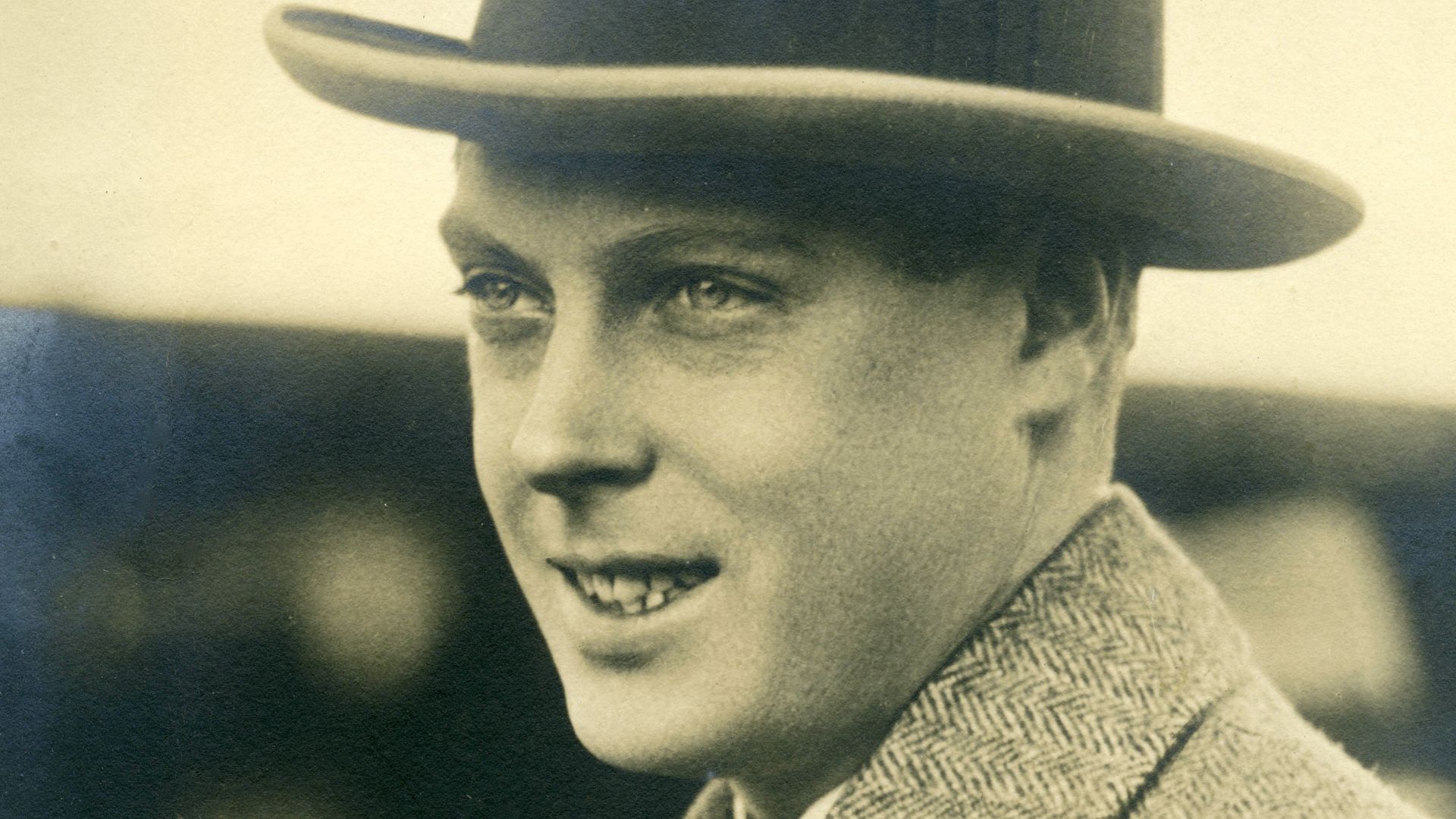 Archives New Zealand from New Zealand on Wikimedia
Archives New Zealand from New Zealand on Wikimedia
11. Werner Von Braun
NASA’s celebrated rocket scientist once helped design weapons for Hitler. After the war, Braun was secretly brought to the U.S. through Operation Paperclip. Only later did public documents confirm the use of forced labor from concentration camps and link his genius to horrific human rights violations.
12. Henry Ford
Ford hatefully published anti-Semitic content in the newspaper, The Dearborn Independent. His writings were later cited by the Nazis. Though these views were public in his time, their influence on global fascism was fully assessed long after Ford’s death in 1947.
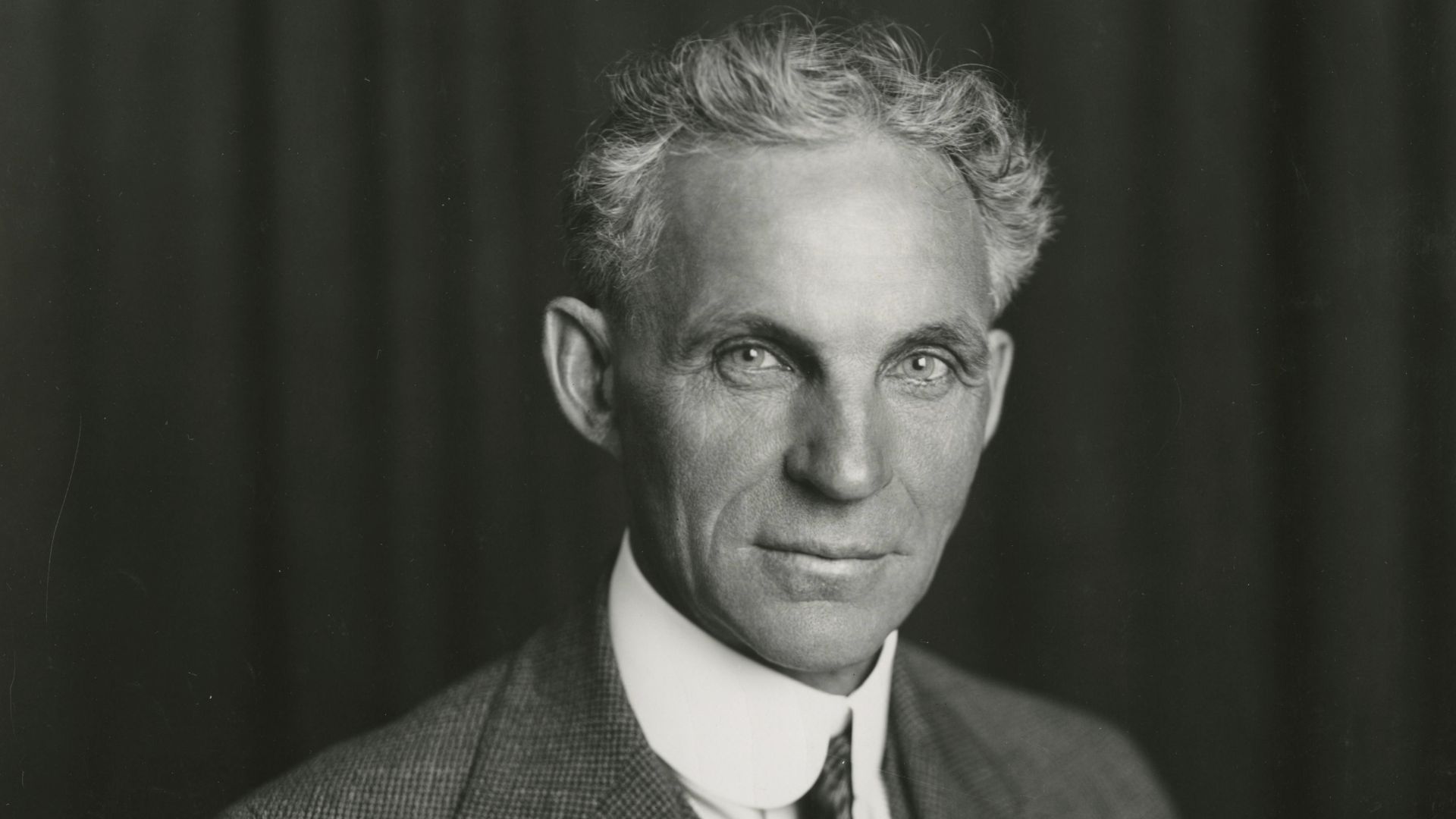 Ford Motor Company. Photographic Department on Wikimedia
Ford Motor Company. Photographic Department on Wikimedia
13. Thomas Edison
Edison is celebrated for his groundbreaking inventions, but his rivalry with Nikola Tesla revealed a disturbing side. His tactics—including public animal electrocutions aimed at discrediting Tesla’s alternating current—were widely known. Modern reassessments have cast a much harsher light on the ethics behind his legacy.
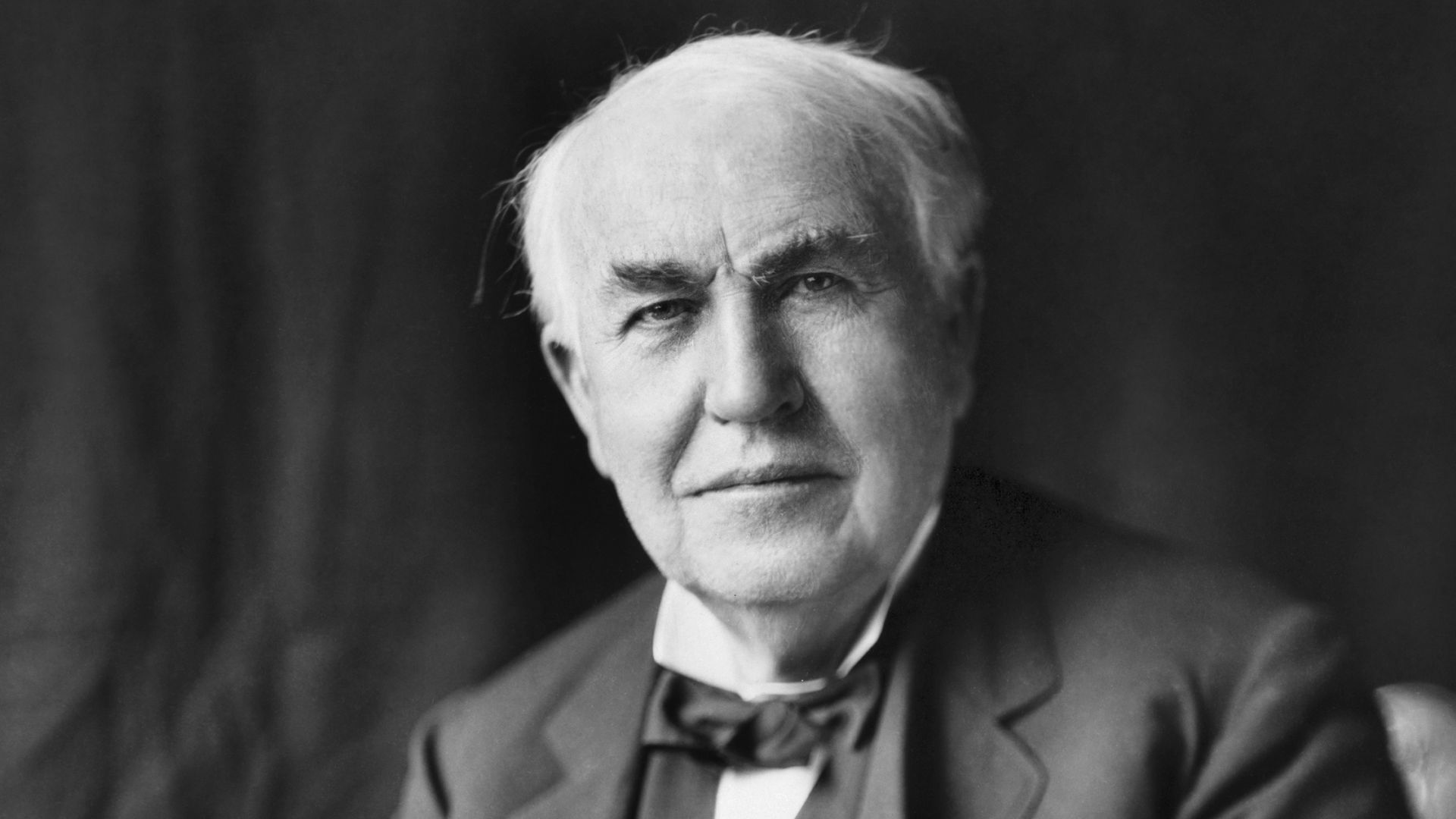 Louis Bachrach, Bachrach Studios, restored by Michel Vuijlsteke on Wikimedia
Louis Bachrach, Bachrach Studios, restored by Michel Vuijlsteke on Wikimedia
14. Jimmy Savile
He was a knighted BBC star and hospital philanthropist. After he died in 2011, over 450 sexual abuse allegations surfaced. Institutions ignored complaints for decades. The scope of his crimes only emerged through future investigations, shocking a nation that once celebrated his charitable image.
15. J. Edgar Hoover
His name once symbolized law and order. However, after he died in 1972, declassified FBI files revealed extensive surveillance of civil rights leaders and attempts to use gathered information for blackmail. Hoover amassed significant power and leveraged it to influence numerous political figures during his tenure as FBI Director.
16. Leni Riefenstahl
Riefenstahl’s films mesmerized the world, but sadly, her lens served Hitler. Riefenstahl claimed artistic innocence, yet deeper research showcased her active role in producing Nazi propaganda and photographing marginalized groups under coercive circumstances. After she passed away, multiple interviews and analyses explained how she was a far more willing accomplice than she let on.
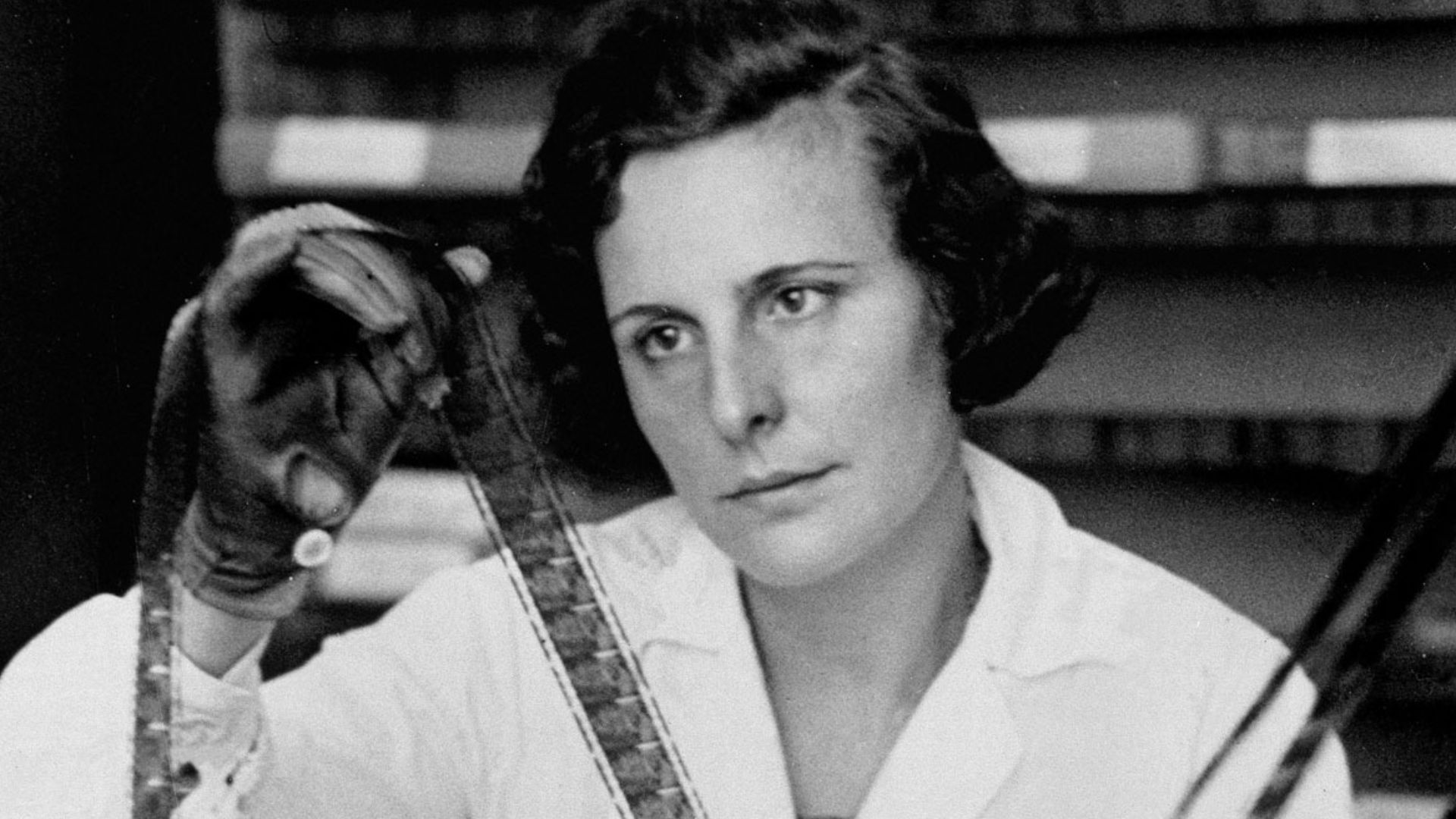 Unknown authorUnknown author on Wikimedia
Unknown authorUnknown author on Wikimedia
17. Emperor Hirohito
While Japan surrendered under his reign, Hirohito’s role in WWII remained unclear for decades. His full wartime wrongdoings emerged largely after he died in 1989. Declassified documents and Japanese accounts displayed his deeper involvement in approving military strategies, like chemical warfare and mass civilian killings.
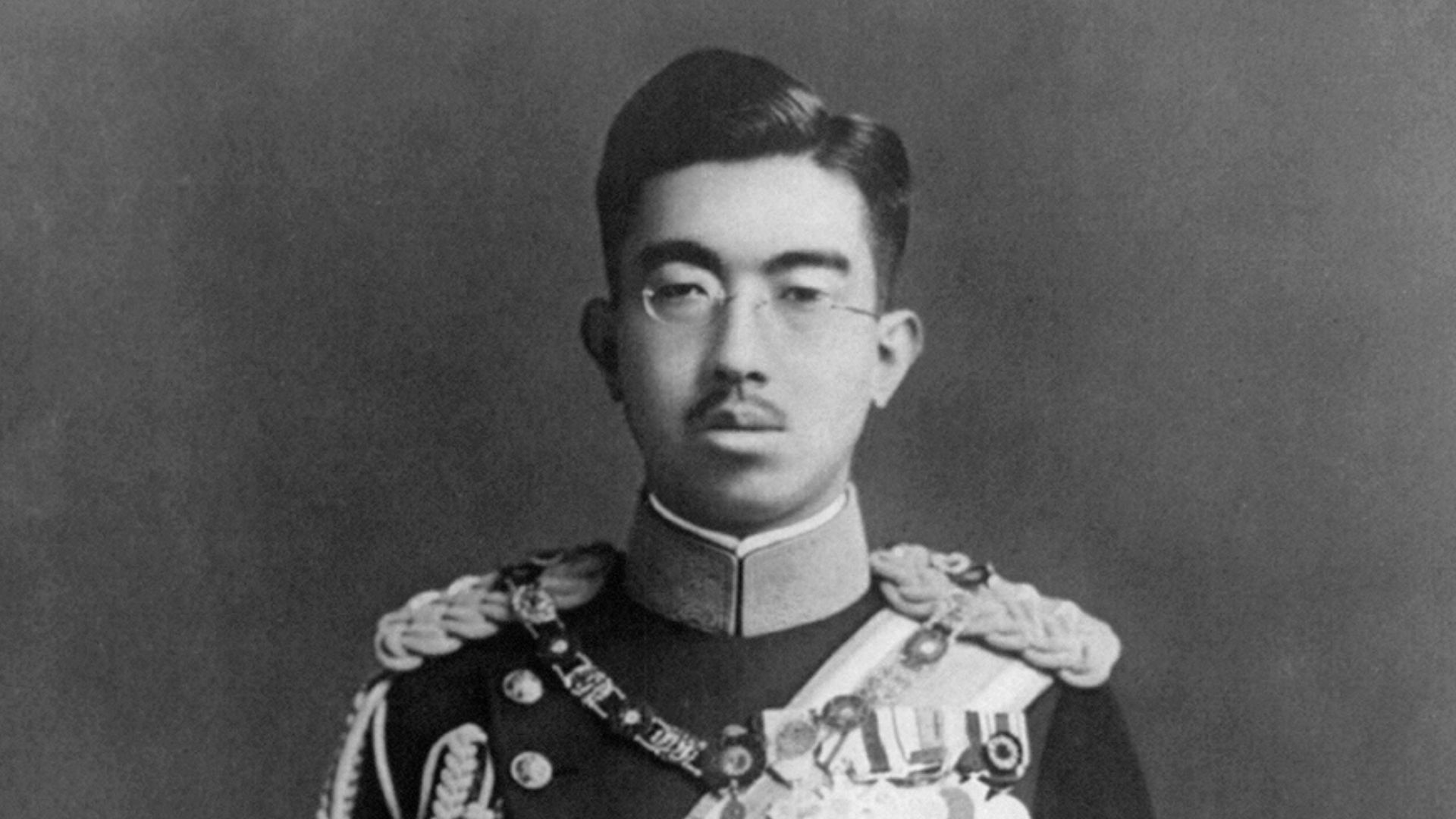 Unknown authorUnknown author on Wikimedia
Unknown authorUnknown author on Wikimedia
18. Christopher Columbus
For centuries, Columbus was revered as a bold explorer. However, firsthand accounts from his men and later translations showed he enslaved Indigenous people and launched systemic brutality. This dark truth became a focal point of historical reevaluation long after schoolbooks had cemented the myth.
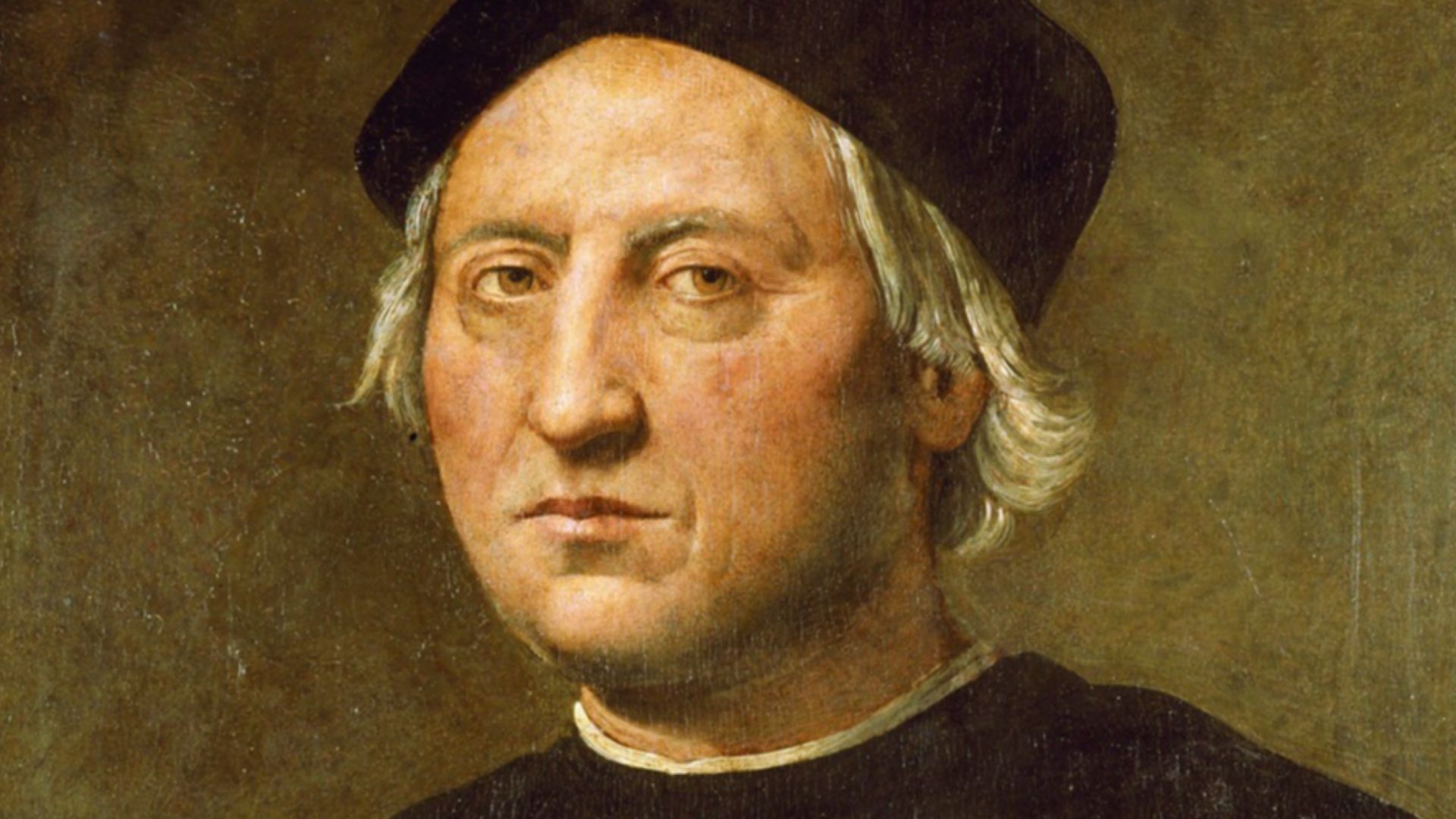 Ridolfo del Ghirlandaio on Wikimedia
Ridolfo del Ghirlandaio on Wikimedia
19. Edward Teller
The hydrogen bomb earned him praise but also controversy and scorn in recent years. Teller’s role in J. Robert Oppenheimer’s downfall was known during his lifetime, but he faced much sharper ethical criticism after his death. Posthumous biographies emphasized how his ambition and political maneuvering left a lasting mark on Cold War science and public trust.
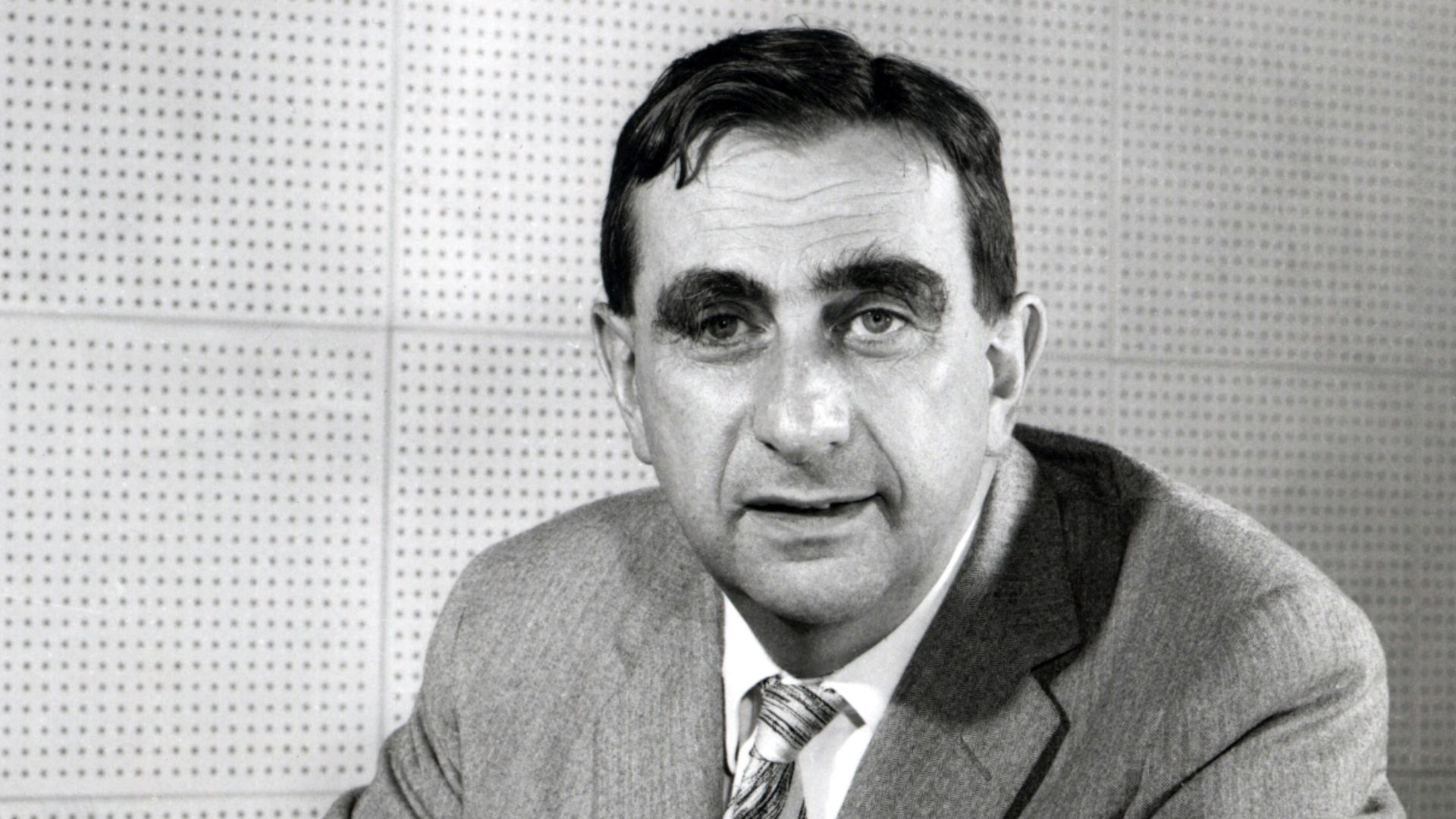 Lawrence Livermore National Laboratory, restored by w:User:Greg L, Papa Lima Whiskey on Wikimedia
Lawrence Livermore National Laboratory, restored by w:User:Greg L, Papa Lima Whiskey on Wikimedia
20. Kim Il-Sung
He founded North Korea’s dynasty, but the world didn’t know about the scale of oppression under his rule when he was alive. Testimonies from defectors and satellite evidence revealed mass starvation and generational punishment that had seldom been seen before. The outside world had no idea about the depth of his control and depravity until years later.
KEEP ON READING

10 Greatest Quarterbacks Of All Time & 10 That Are…
Do You Disagree?. Few topics in sports generate as much…
By Farva Ivkovic Dec 2, 2025
The story of Ching Shih, the Woman Who Became the…
Unknown author on WikimediaFew figures in history are as feared…
By Emilie Richardson-Dupuis Dec 29, 2025
20 Shakespearean Words, Translated For A Modern Audience
What’s In A Word?. Shakespeare was a wordsmith of the…
By Breanna Schnurr Dec 17, 2025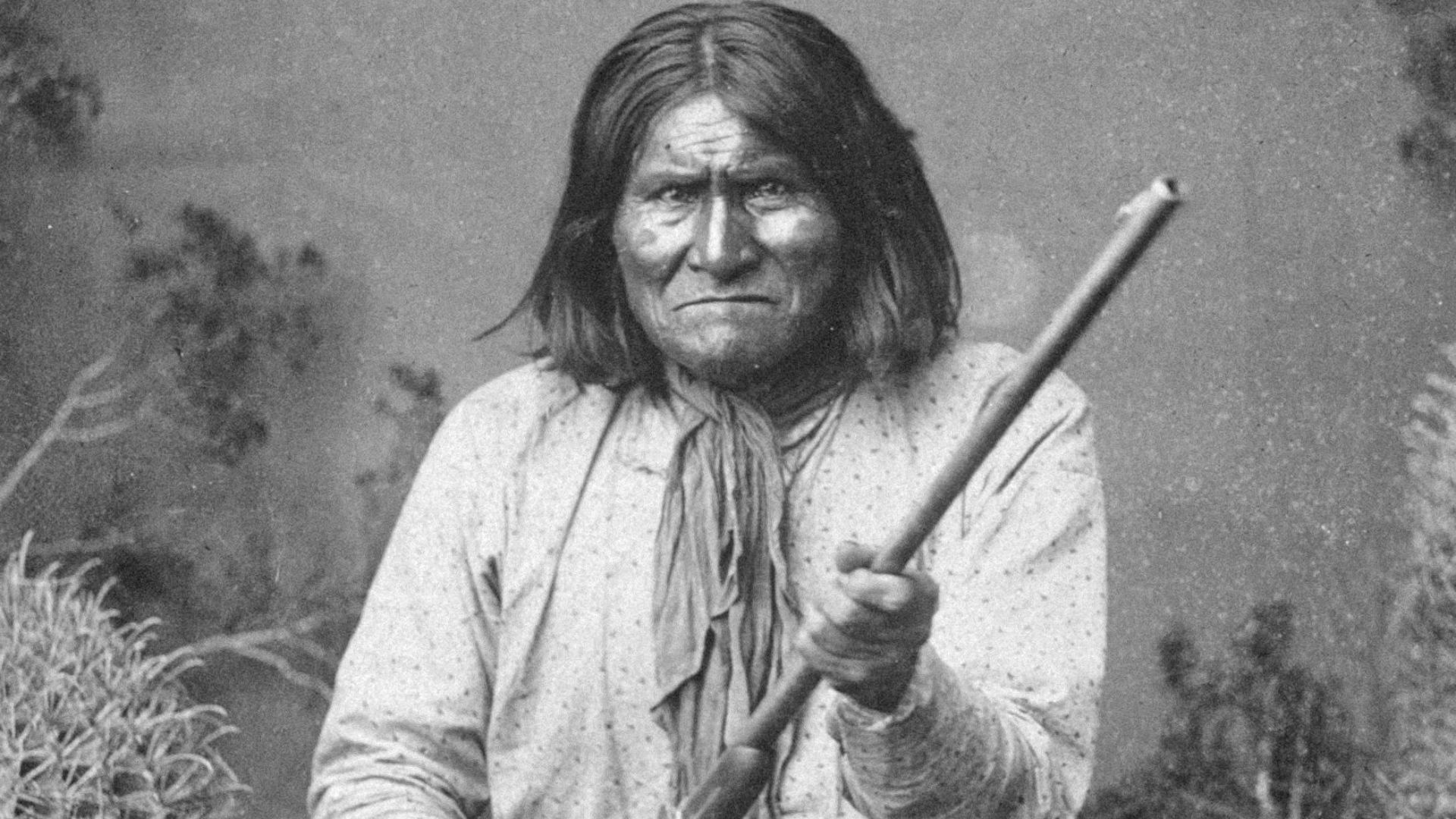
20 Inspiring Stories From Native American History
Incredible Stories Of Resilience And Endurance. Many of us didn't…
By Ashley Bast Dec 17, 2025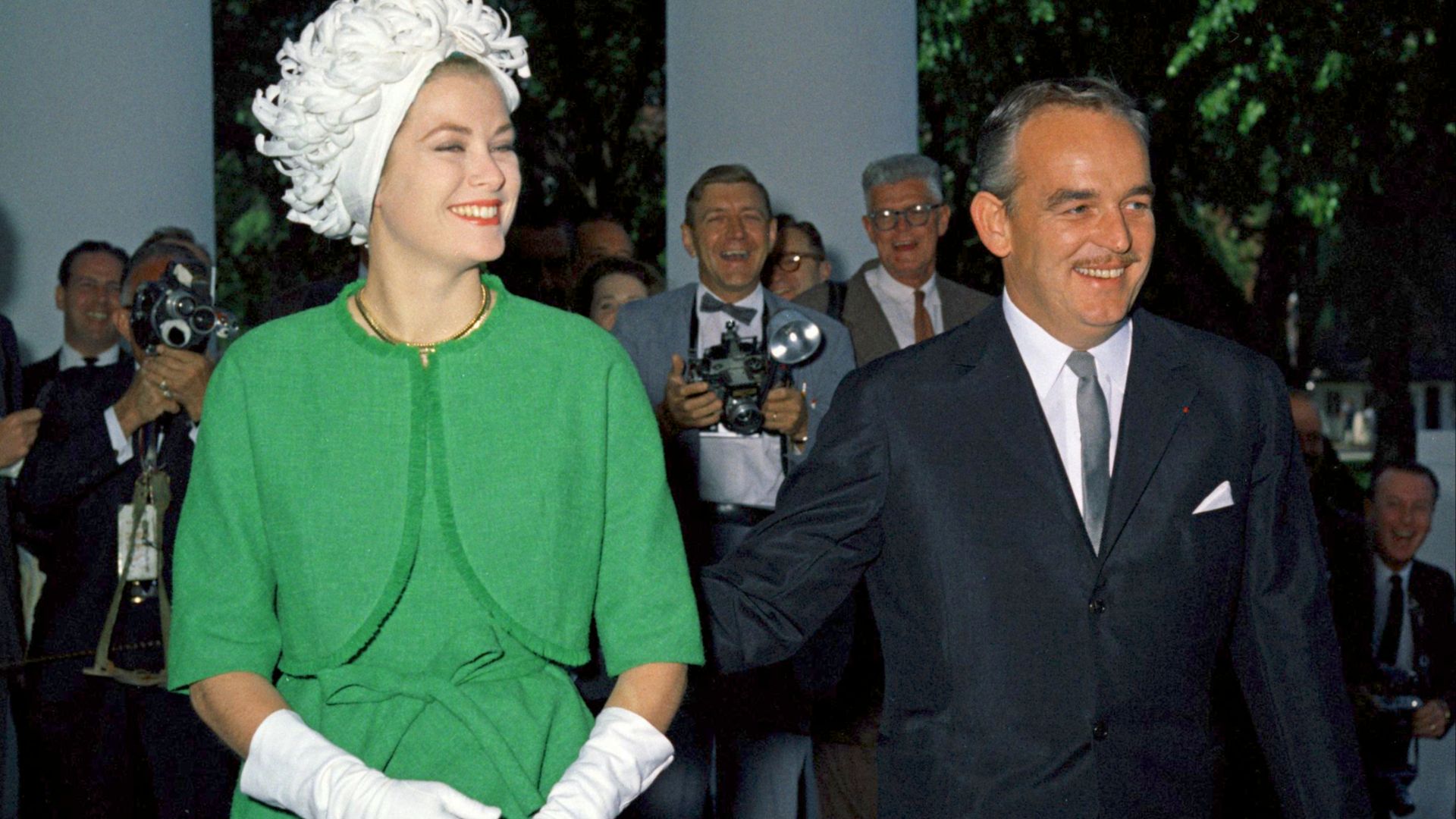
You Think You Have Problems? These Royal Families Were Cursed
Boasson and Eggler St. Petersburg Nevsky 24. on WikimediaHeavy is…
By Ashley Bast Dec 5, 2025
MH370: The Plane That Can't Be Found
Anna Zvereva from Tallinn, Estonia on WikimediaEleven years after Malaysia…
By Christy Chan Dec 10, 2025

